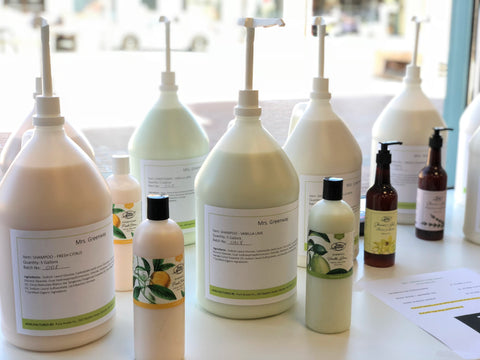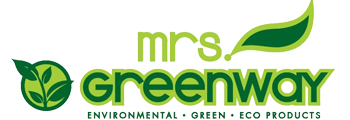
"It's ok, I'll just recycle it!" is what a lot of us think when we are choosing products and considering their packaging at the store.
Sorry to set this straight, but that's not always possible. There are so many things that need to happen for that dish detergent container to actually get reused into something. From you actually cleaning it out and putting it in the recycling bin, your facility accepting it ( for example Hamilton, that thin plastic that dish soap comes in actually doesn't get processed here), them treating it and then selling it to a company that will take it on. We have all heard that China isn't taking our recyclables anymore, so where does it all go?
There's a long, political answer and then there's the short one:
No where.
It gets thrown in the landfill, incinerated, or whatever the local policies and facilities have determined.
While we can certainly do more to pressure our local waste treatment and recycling facilities to become better at dealing with the waste, the more successful and less complicated thing is to minimize how much you recycle.
Don't get me wrong, that doesn't mean that you should stop trying to recycle items that are recyclable, but we should get out of the mindset that as long as your recycling bin has more in it than the garbage bin, you're an eco saint.
The goal is to put out as little as possible in EVERY BIN: green, blue, and black
How do we attain this?
One solution is refilling. Reusing containers, bags, bottles, etc., to collect product that you need for everyday, from food, through household cleaners, hair & body products and more.
Not only are you REFUSING a new container, you are REUSING one that you already have, and no one is saying that at the end of its usable life, you can't RECYCLE it. But when you do, it will have been used multiple times, avoiding the use of dozens of other containers. Shopping at a local refillery also means you're more likely to buy as much as you need, REDUCING the amount that you are likely to throw out or go bad before you have a chance to use it. And just like that, you have hit 4 of the 5 pillars of zero waste living : refuse, reduce, reuse, recycle, and rot.
Here are some products that you can easily refill on rather than buy in new packaging:
Bulk Food
Even food giants like Bulk Barn are starting to let consumers fill up their own containers instead of using plastic baggies. Tare your containers and go to town buying dry goods like rice, beans, nuts, flour, sugar, candy, quinoa and more. You'll even be able to get products like peanut butter, tahini, honey, and syrups. Some smaller zero waste grocers might even have specialty products like olive oil, vinegars and more.
Household Cleaners & Laundry
Our refilleries in Hamilton and Grimsby have many options for those looking for waste-free and all natural alternatives to the household products they are using now, including all-purpose cleaners, laundry soap, toilet cleaners, and more.Bath & Body
Shampoo, conditioner, soap, and hairspray can all be purchased package-free at your local refillery. Lotions, creams, bath salts, deodorants, are also available as refills so that you don't have to compromise on your routines just to go low-waste. Some zero waste shops will even carry specialty items like nail polish remover. Contact your closest refillery and ask about products you are interested in. If they don't already carry it, they could be open to bringing it in and making it available to you and anyone else who is interested.While you might be interested in getting nice glass or aluminum containers like jars, spray bottles, or pumps, you don't have to. There's nothing wrong will filling up a plastic water bottle with your dish soap or using an old plastic shampoo bottle for your refill. Zero waste living looks different depending on the person and their own priorities, convictions, and aesthetic.

